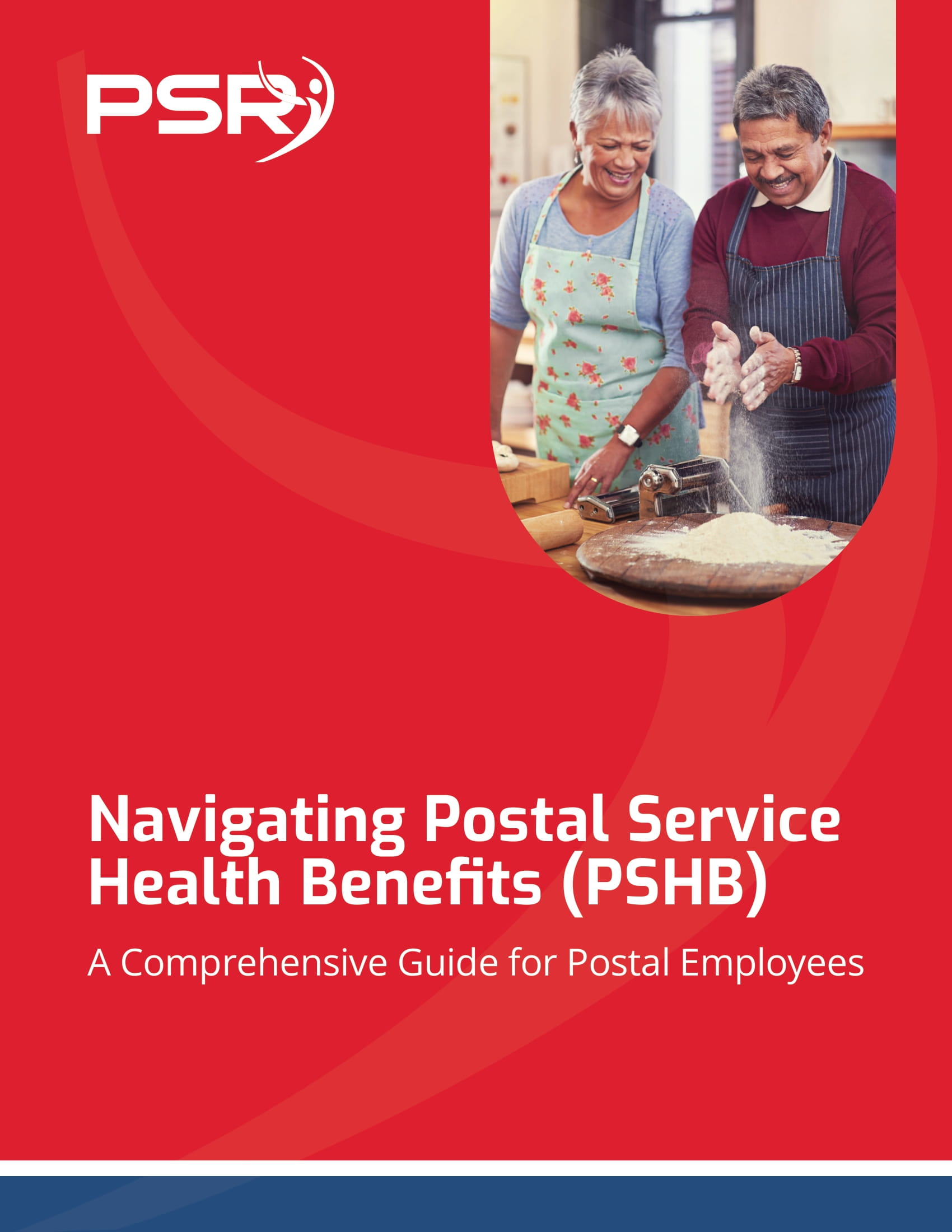Key Takeaways
- Planning for early retirement as a federal employee requires understanding the unique benefits and penalties associated with your retirement system.
- Strategically managing your retirement options now can secure long-term financial stability and peace of mind.
Is Early Retirement Right for You?
Early retirement sounds like a dream—more time for family, hobbies, and relaxation. But as a federal employee, it comes with unique challenges and opportunities. Whether you’re part of FERS, CSRS, or another retirement system, your decision should be based on a full understanding of the financial, health, and lifestyle impacts.
Here’s how to weigh your options and avoid surprises.
Understanding Your Federal Retirement System
- Also Read: Divorce and Your Federal Pension—What Happens When You Split Assets and How It Could Affect Your TSP
- Also Read: What Happens to Your Federal Benefits After Divorce? Here’s the Lowdown
- Also Read: The Best FEHB Plans for 2025: Which One Fits Your Lifestyle and Budget the Best?
Federal Employee Retirement System (FERS)
FERS covers most federal employees. It’s a three-tier system combining:
- Pension: A monthly annuity based on your service years and high-3 salary.
- Social Security: Starting at age 62 or later.
- Thrift Savings Plan (TSP): Your personal contributions, plus agency matches.
If you retire early under FERS, you may face penalties, such as reduced annuities. For example, if you take advantage of the MRA+10 option (Minimum Retirement Age plus at least 10 years of service), your pension may be reduced by 5% for every year you’re under age 62.
Civil Service Retirement System (CSRS)
If you were hired before 1984, you may be under CSRS, which offers a more robust pension but doesn’t include Social Security benefits. Early retirement penalties for CSRS are generally less severe than those under FERS but should still be factored into your decision.
Special Provisions for Law Enforcement and Others
Law enforcement officers, air traffic controllers, and certain other positions have unique retirement benefits. These roles often allow retirement at age 50 with 20 years of service or any age with 25 years. However, the benefits may not fully cover health costs and other post-retirement expenses.
Health Insurance and Early Retirement
Federal Employees Health Benefits (FEHB)
FEHB coverage can continue into retirement, but only if you’ve been enrolled for at least five consecutive years before retiring. It’s crucial to keep this in mind when planning for early retirement to avoid losing your health insurance coverage.
Medicare Coordination
You become eligible for Medicare at age 65. If you retire early, you’ll need to bridge the gap between your retirement date and Medicare eligibility. That could mean relying on FEHB alone or paying additional out-of-pocket costs.
The Impact of Age and Service Years
MRA (Minimum Retirement Age)
Your MRA depends on your birth year. It generally ranges from 55 to 57. If you retire before your MRA, you won’t qualify for regular FERS benefits unless you meet special criteria.
The 30-Year Rule
If you have 30 years of service and meet your MRA, you can retire without penalties. For those with fewer years, additional service can make a big difference in annuity amounts.
Deferred Retirement Option
Not ready to retire but want flexibility? Consider deferring your retirement. You leave federal service but postpone collecting benefits until you reach full eligibility. This option eliminates penalties and ensures a larger annuity.
Financial Planning for Early Retirement
Your High-3 Salary
Your pension is calculated based on your high-3 salary average. Strategize to maximize your income in your final years of service to boost your annuity.
TSP Contributions and Withdrawals
Maximize TSP contributions while you’re still working. When you retire, understand withdrawal rules, including required minimum distributions (RMDs) starting at age 73.
Social Security Timing
Although you can claim Social Security at age 62, waiting until full retirement age (66-67, depending on birth year) or even 70 increases your monthly benefit.
Weighing the Pros and Cons
Advantages of Early Retirement
- More Time: Freedom to pursue personal interests, travel, or spend time with loved ones.
- Health: Retiring early can relieve stress and improve overall well-being.
- Opportunities: You can start a second career or explore part-time work in a different field.
Drawbacks of Early Retirement
- Reduced Income: Lower annuities and penalties may significantly impact your financial stability.
- Healthcare Costs: Bridging the gap to Medicare can be costly.
- Longevity Risk: Your savings must stretch further if you live longer than anticipated.
Common Early Retirement Mistakes to Avoid
Not Crunching the Numbers
Use tools like FERS or CSRS retirement calculators to estimate your annuity, TSP withdrawals, and Social Security benefits. Don’t rely on guesswork.
Overlooking Inflation
Remember, inflation erodes purchasing power. While federal pensions include cost-of-living adjustments (COLAs), they may not fully keep pace with rising expenses.
Forgetting About Survivors
If you’re married, consider how your early retirement will impact survivor benefits. Failing to plan could leave your spouse with reduced income.
Alternative Strategies for Federal Employees
Part-Time or Phased Retirement
Phased retirement allows you to work part-time while beginning to draw your annuity. This option provides additional income and a smoother transition.
Bridge Employment
Some federal employees take on private-sector jobs to bridge the income gap until reaching full retirement eligibility. However, ensure your earnings won’t negatively affect your benefits, especially Social Security.
Catch-Up Contributions
If you’re over 50, take advantage of catch-up contributions to your TSP. It’s a great way to boost your retirement savings quickly.
Should You Take the Leap?
Early retirement is a personal decision that depends on your financial health, career satisfaction, and future goals. Start by evaluating your federal benefits, calculating your income needs, and considering the pros and cons.
If you’re unsure, consult with a financial advisor specializing in federal benefits. An expert can help you navigate the complexities and determine the right timing.
What’s Your Early Retirement Plan?
Taking the time to research and plan ensures you’ll make the most of your federal benefits while enjoying the retirement you’ve worked so hard for. Whether you’re aiming for early retirement or considering other options, stay informed and proactive. A secure, fulfilling future is within reach when you plan wisely.













